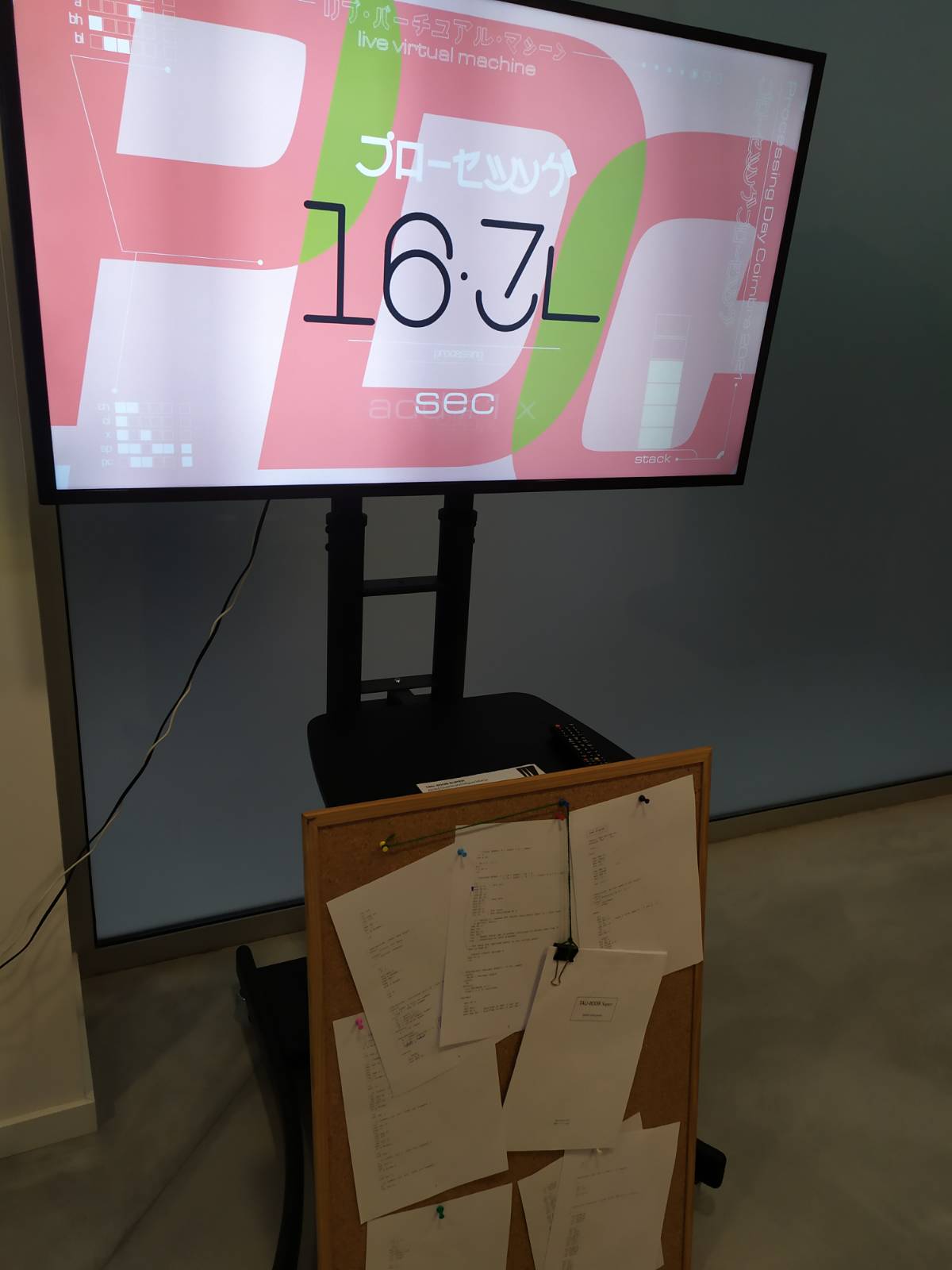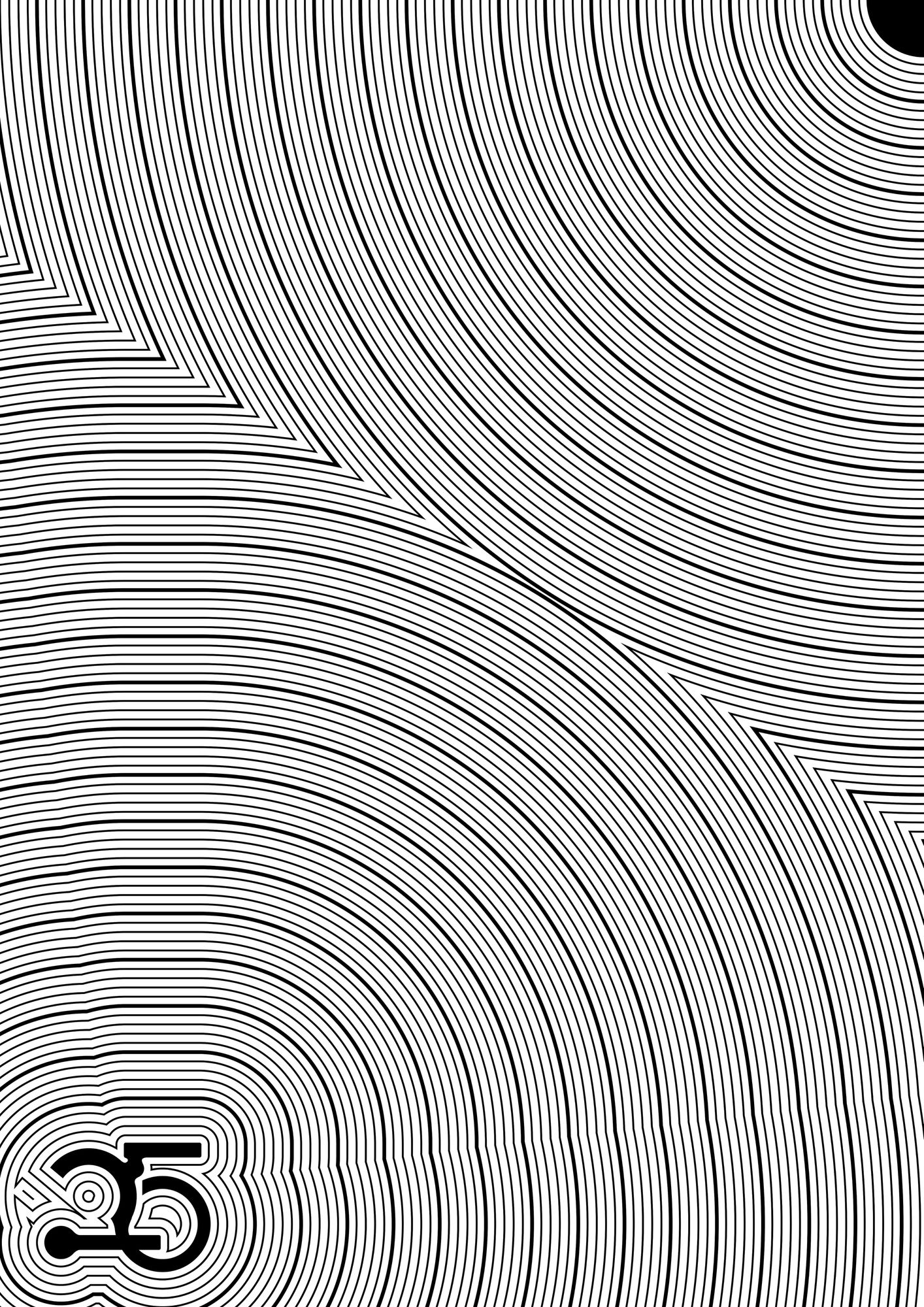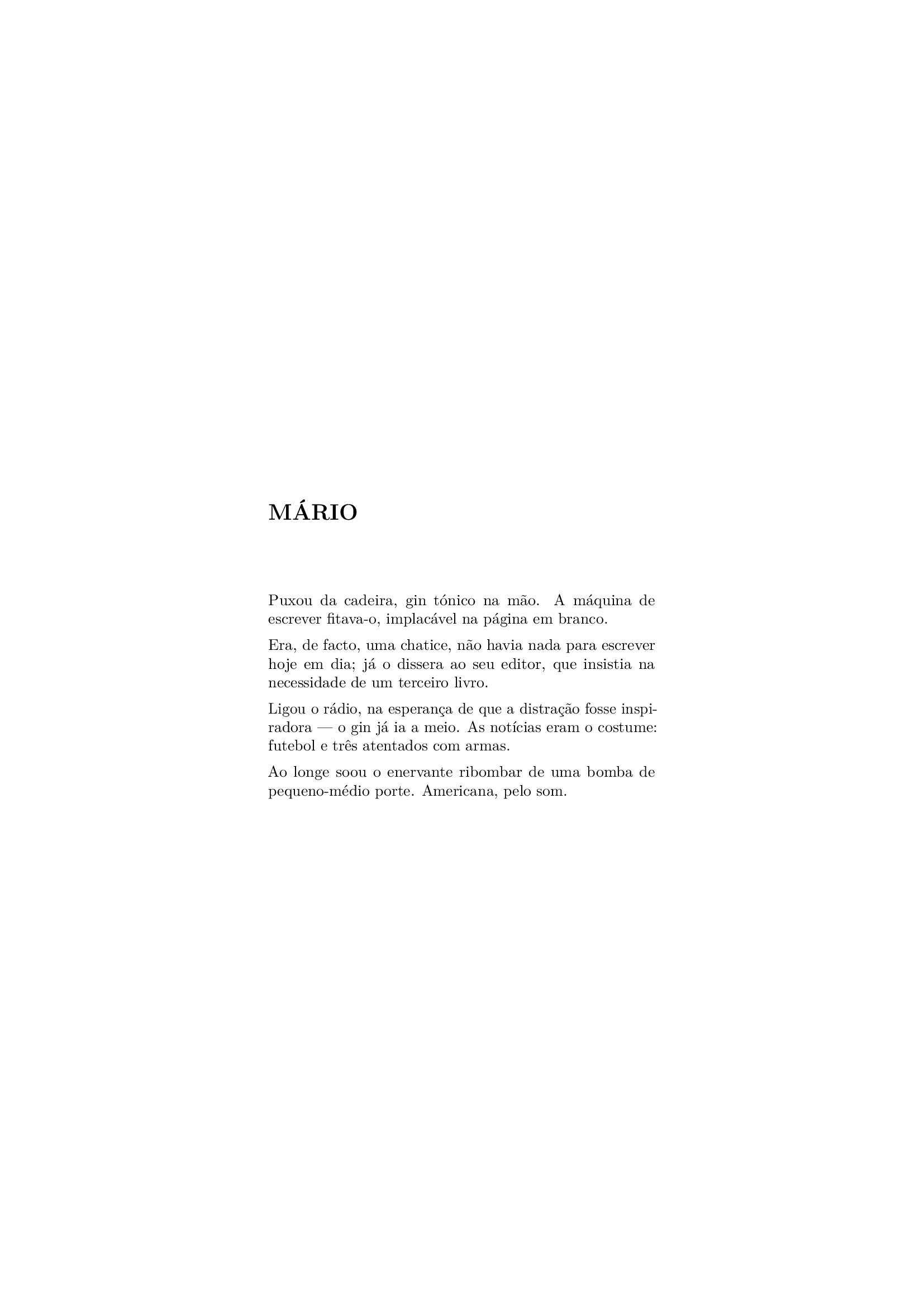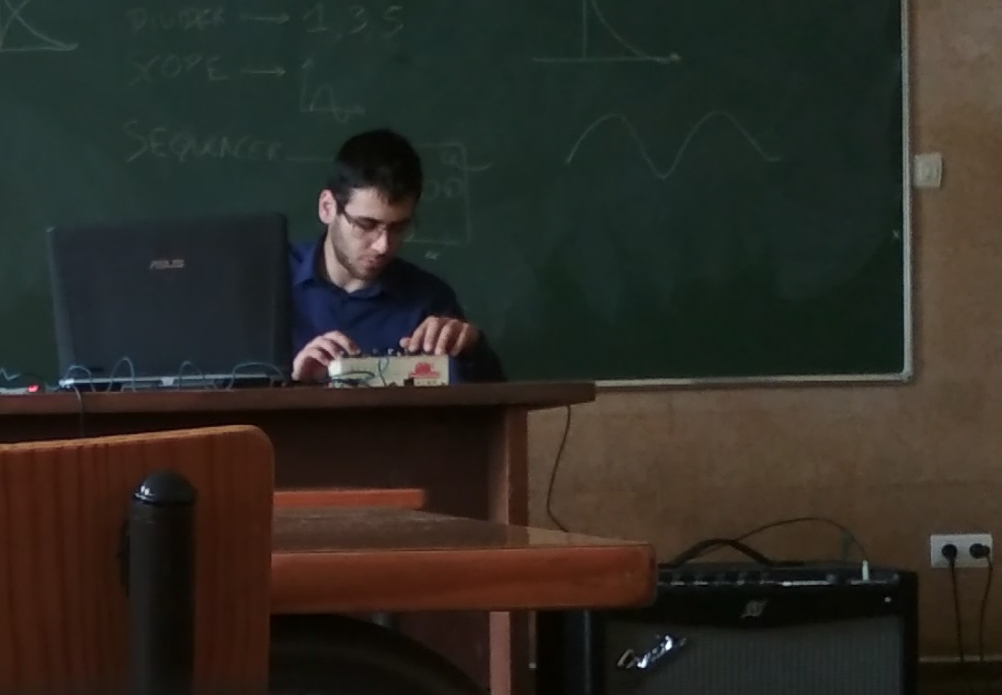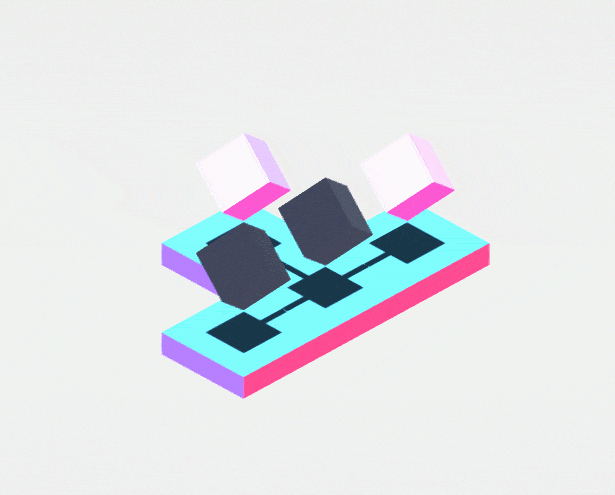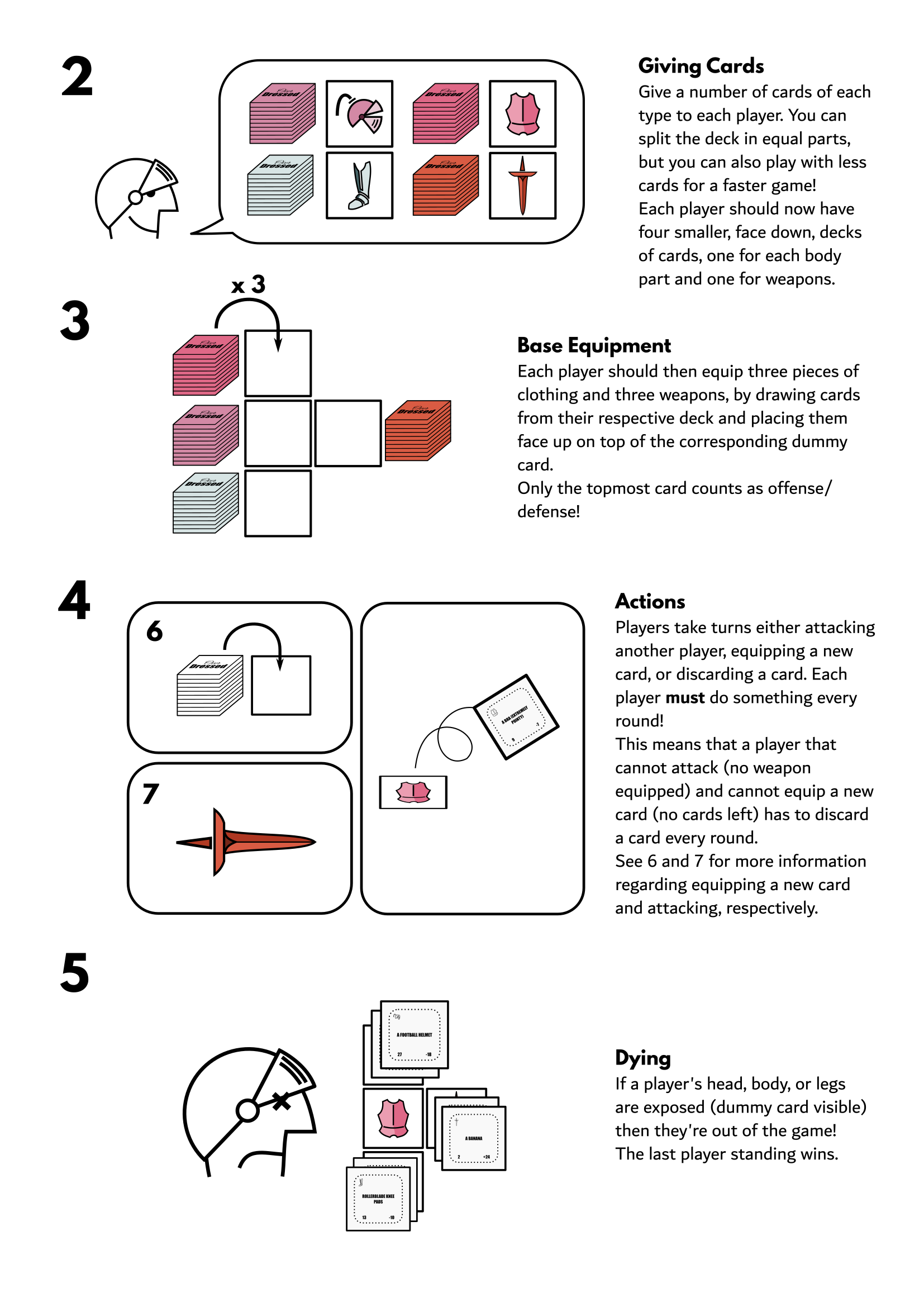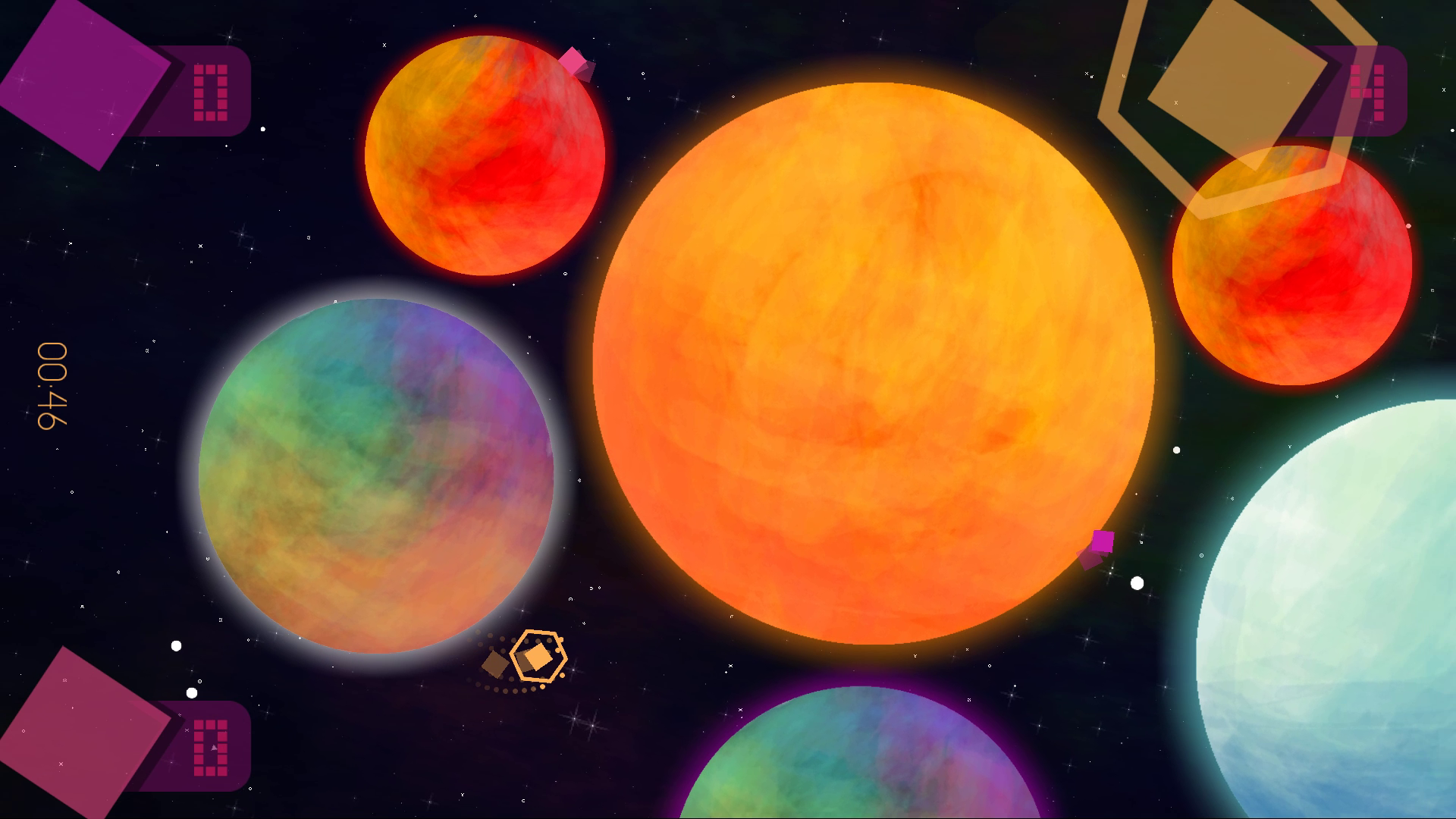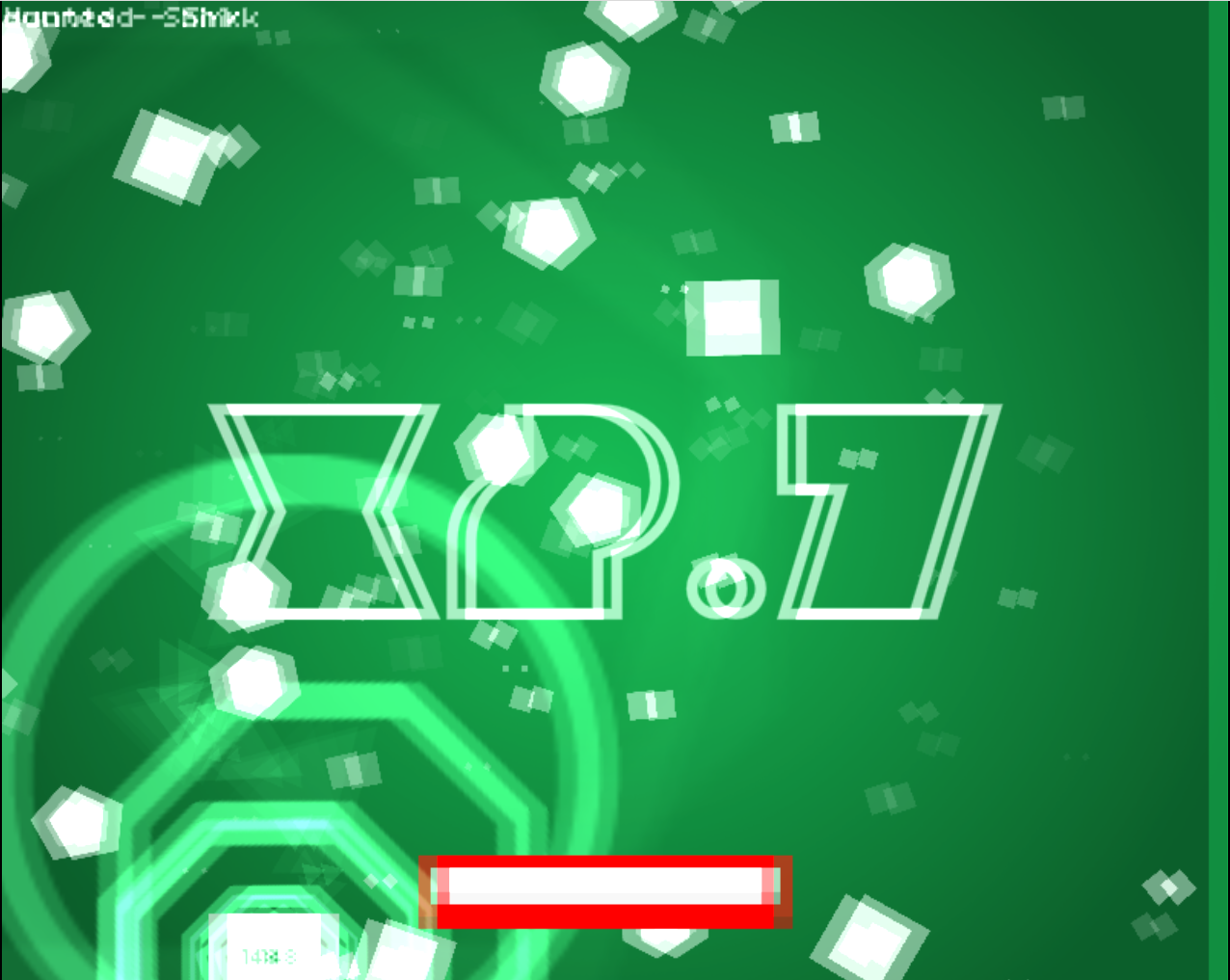meeg
“Um dia acordei e tinha algo para dizer. Pareceu-me apropriado pôr um beat de fundo. De resto não sei se tenho direito a dizer nada disto.”

meeg
Though I don’t believe anyone I personally know would imagine me writing a rap track, the effort brought together previous experimenting with music making, sampling, and poem writing. Perhaps because of this, and completely inspired by the structure of MFDOOM’s work,these songs don’t have so much a traditional verse/chorus structure, but rather work more as a specific delivery of a poem.
